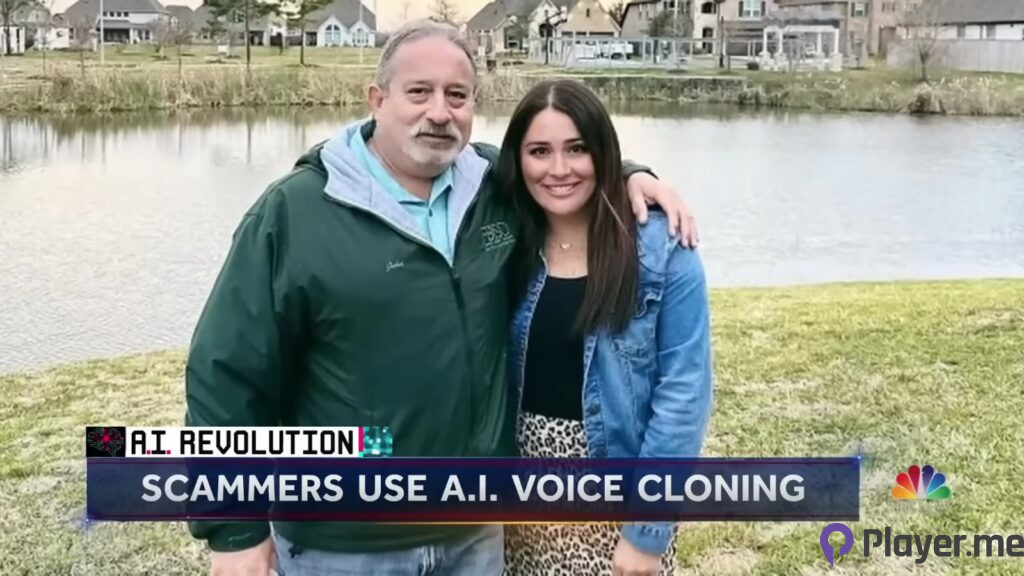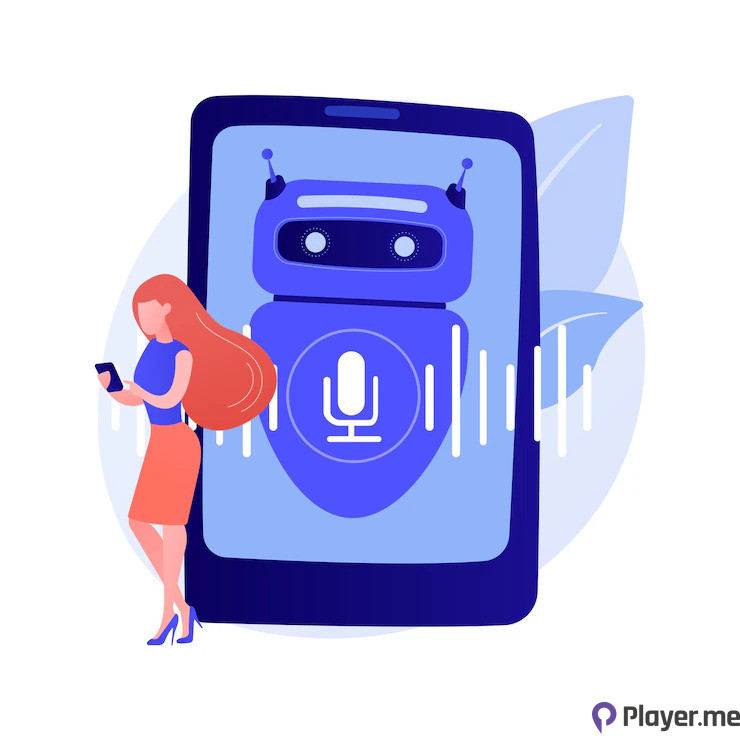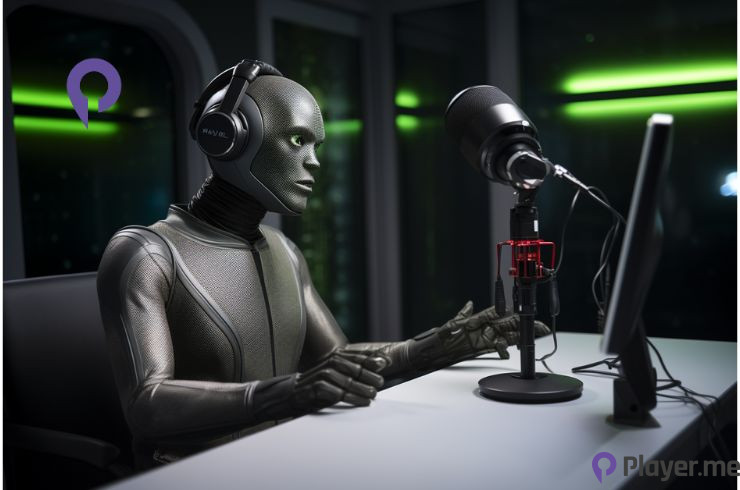Spotify has taken a remarkable step forward in reshaping the landscape of podcasting. The streaming giant is set to revolutionise the way we experience podcasts by introducing an AI-powered voice translation feature. This development allows podcasters to clone their voices and create foreign-language versions of their shows, opening up a world of possibilities for creators and listeners alike.
Exciting Spotify-OpenAI Partnership
At the heart of this venture is Spotify’s strategic partnership with OpenAI, a leading force in artificial intelligence research. The initial focus of this collaboration is on translating English-language podcasts into Spanish, with plans to expand to French and German translations in the near future.
This venture has attracted the attention of some of the biggest names in the podcasting world, including Dax Shepard, Monica Padman, Lex Fridman, Bill Simmons, and Steven Bartlett. Spotify’s ambitious plans extend to including renowned podcasts like The Rewatchables from The Ringer and an upcoming show by the celebrated Trevor Noah. These partnerships signify the industry’s recognition of the potential and impact of AI-powered voice translation.
The Technology Behind the Feature
Central to this transformative feature is OpenAI’s voice transcription tool, Whisper. This tool has the capacity to not only transcribe English speech, but also proficiently translate other languages into English. However, what sets Spotify’s innovation apart is its ability to go beyond mere translation. The feature not only converts podcasts into different languages but also reproduces them in a synthesised version of the podcaster’s own voice. This distinction ensures that the authenticity and uniqueness of the original content are preserved, even as it reaches new global audiences.
Unlocking Authenticity with Spotify’s Voice Translation
One of the primary objectives of Spotify’s Voice Translation feature is to offer listeners around the world an authentic and immersive experience. By seamlessly matching the creator’s voice, this technology allows audiences to discover and connect with new podcasters in a way that feels more genuine than ever before. Ziad Sultan, Spotify’s vice president of personalisation, underscores the potential of this feature to inspire and connect people from diverse cultural backgrounds. It’s more than just a translation; it’s an invitation to explore the rich tapestry of voices and ideas from around the world.
Related: Interactive AI Will Be the New AI Beyond 2023 After Mustafa’s Mention “Technology Today Is Static”
OpenAI’s Integral Role
OpenAI’s contribution to this venture extends beyond the realms of transcription and translation. The AI powerhouse is likely responsible for the voice replication component of this new feature. OpenAI has also introduced a groundbreaking tool that can generate “Human-like audio from text and a few seconds of sample speech”. However, due to concerns surrounding safety and privacy, OpenAI has chosen to limit the availability of this audio generation tool. This approach reflects a responsible stance on the potential ethical implications of AI-generated voices.
Ethical Considerations and Privacy Impact

As with any technological advancement, ethical considerations loom large on the horizon. The introduction of AI-generated voices raises questions about personal image and family dynamics. Esteemed voice actor Cissy Jones, renowned for her work in animated TV series like “The Owl House,” highlights a pertinent concern. She emphasises that the emergence of AI-generated voices poses potential risks to one’s personal image and family dynamics that a scam caller can clone the voice of their loved ones and demand anything. The thought of AI-generated voices uttering words one would not want their loved ones to attribute to them underscores the need for careful ethical deliberation.
Availability and Future Expansion
While the potential of Spotify’s Voice Translation feature is undoubtedly captivating, the technology is currently in the testing phase with a select group of podcasters. Spotify has not yet divulged specific details regarding the timeline or scope of its availability to a broader audience. As the company continues to refine and expand this feature, the podcasting landscape is poised for a significant transformation.
Related: Celebrity AI Voice Generator: 4 Creative Applications You Never Knew Existed
Conclusion

In conclusion, Spotify’s foray into AI-powered voice translation marks a pivotal moment in the evolution of podcasting. The strategic partnership with OpenAI and the focus on preserving the authenticity of the creator’s voice set this innovation apart. However, as with any technological leap, ethical considerations must guide its development and application. As Spotify explores the boundaries of what’s possible in podcasting, it holds the promise of making the world of audio content more accessible, diverse, and engaging for audiences worldwide. Stay tuned for updates as Spotify paves the way for a new era of podcasting with the power of AI.
Frequently Asked Questions
How Does Spotify’s AI-Powered Voice Translation Feature Work for Podcasters?
Spotify’s AI-powered voice translation feature leverages OpenAI’s technology to replicate podcasters’ voices in other languages. It begins by transcribing the original English podcast using OpenAI’s Whisper tool. Then, it translates the transcript into the desired language and reproduces it in a synthesised version of the podcaster’s own voice. This innovative approach ensures that the translated content retains the authenticity and nuances of the original voice, creating a seamless foreign-language podcasting experience.
What Languages Are Initially Supported for Podcast Translation, and Are There Any Plans for More Languages?
The initial focus of Spotify’s voice translation feature is on translating English-language podcasts into Spanish. However, Spotify has ambitious plans to expand its language offerings, with forthcoming translations in French and German. While these languages are the initial targets, it’s reasonable to expect that Spotify will continue to explore opportunities to add more languages based on user demand and market trends.
What Ethical Concerns Are Raised by the Introduction of Ai-Generated Voices in Podcasting?
The introduction of AI-generated voices in podcasting raises ethical questions related to consent, authenticity, and privacy. Podcasters may have concerns about the use of their voice without authorisation, potentially impacting their creative control and intellectual property. Additionally, there are worries about the potential misuse of AI-generated voices for deceptive or harmful purposes, such as spreading false information or deepfake content. Balancing the benefits of AI innovation with these ethical considerations becomes paramount in this evolving podcasting landscape.





